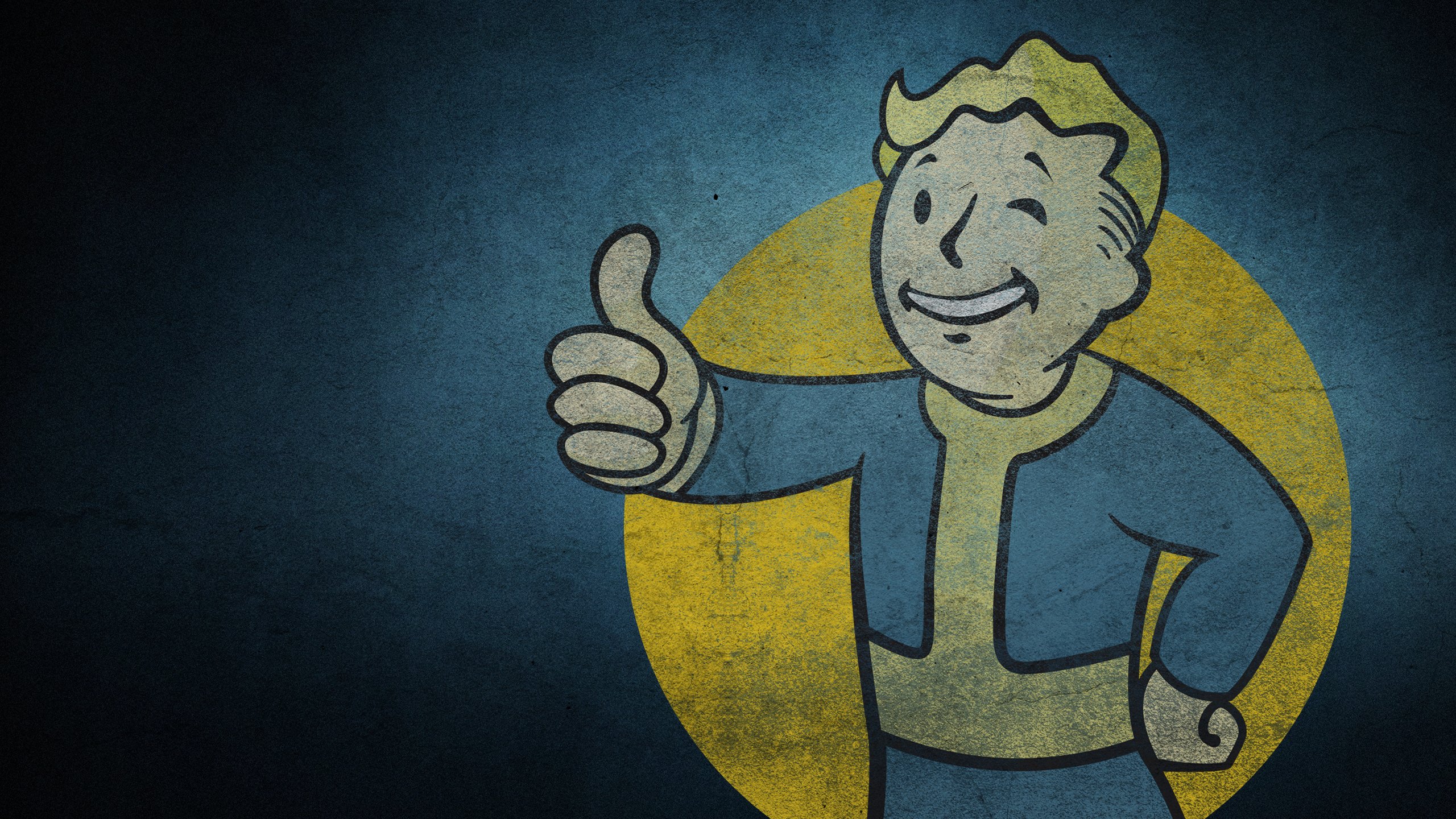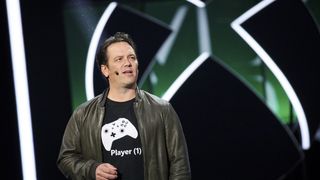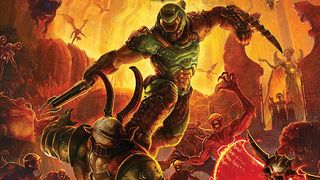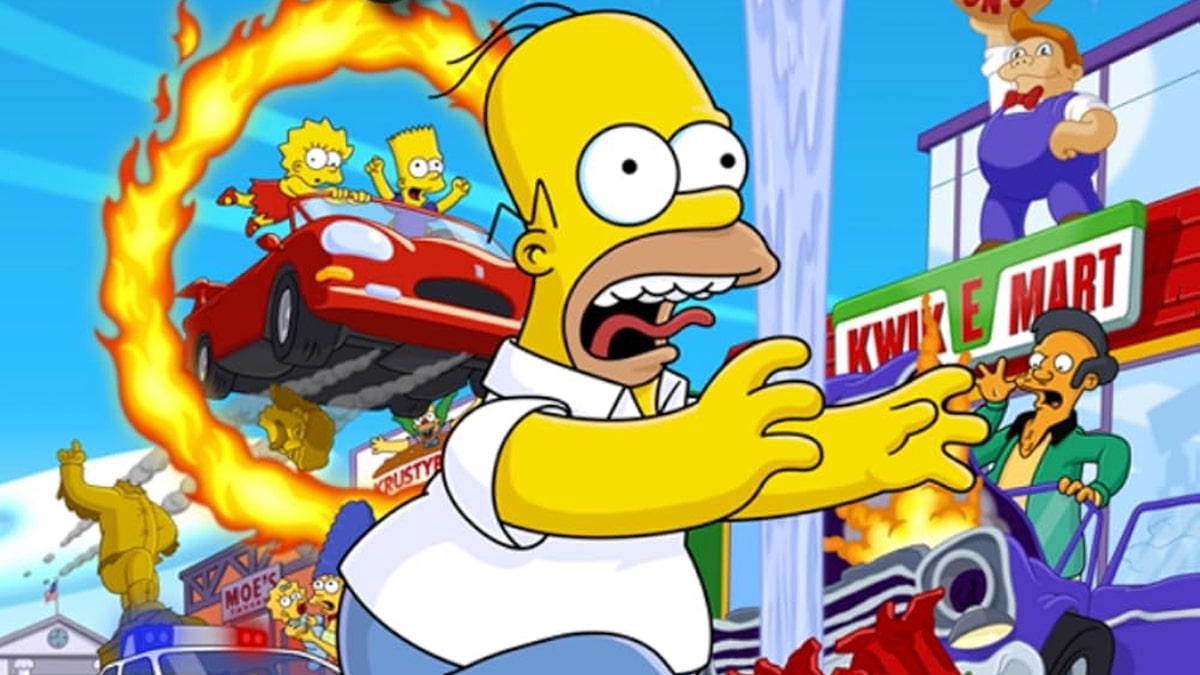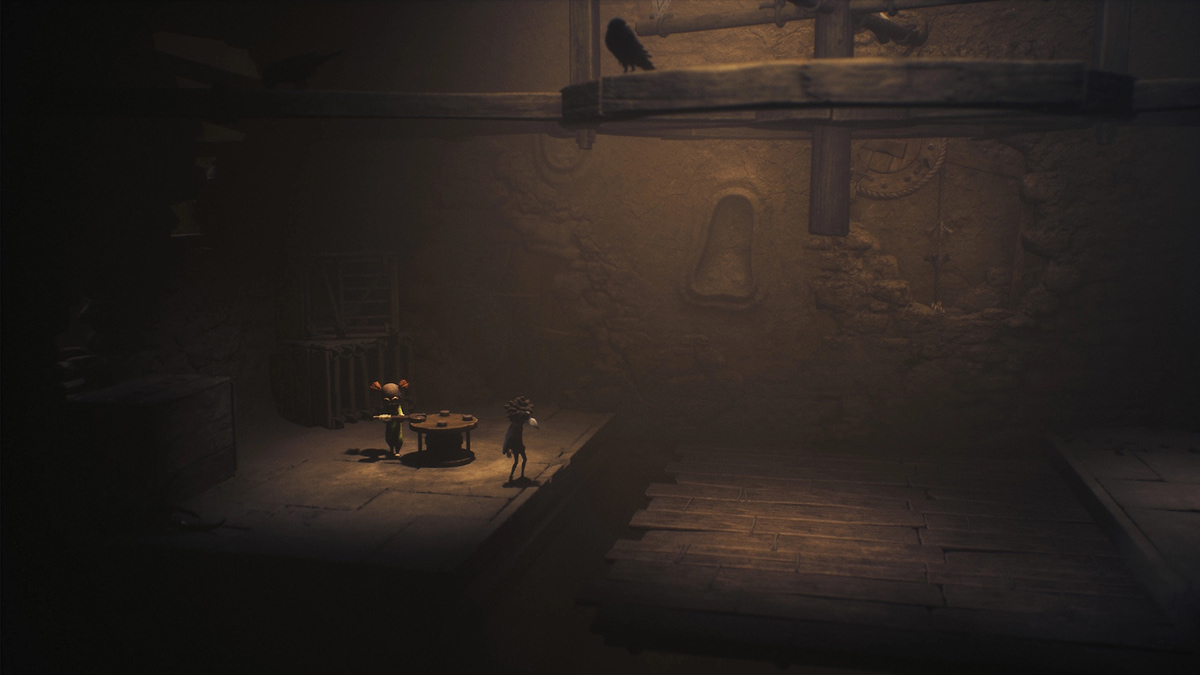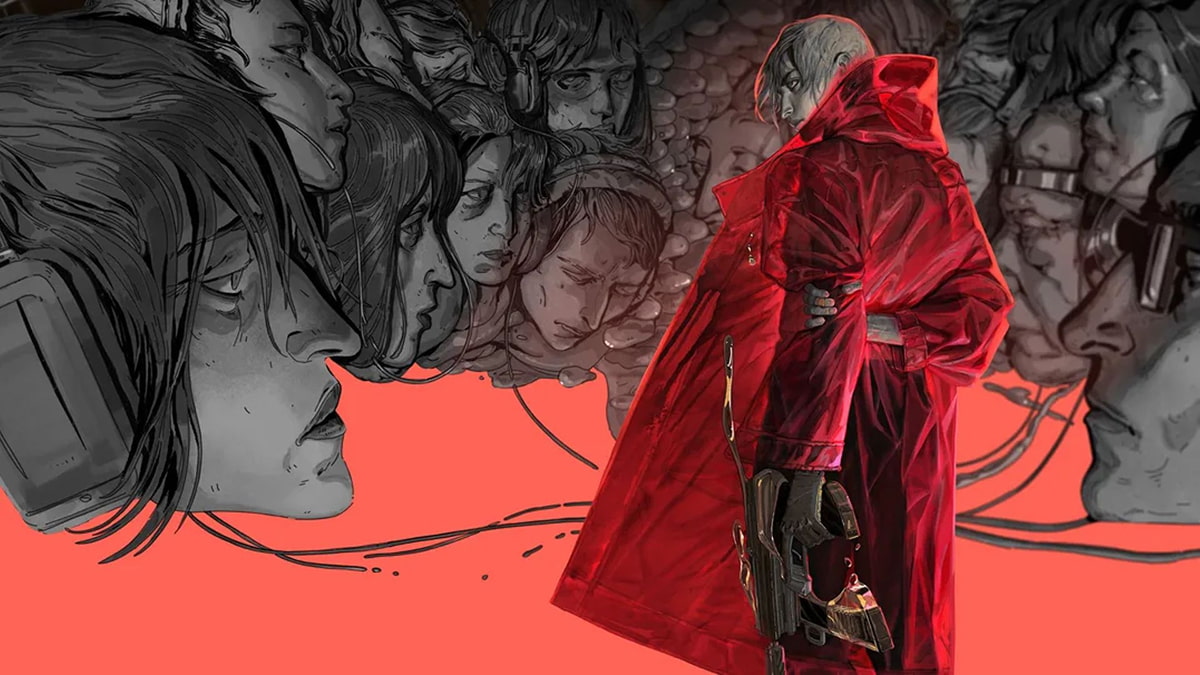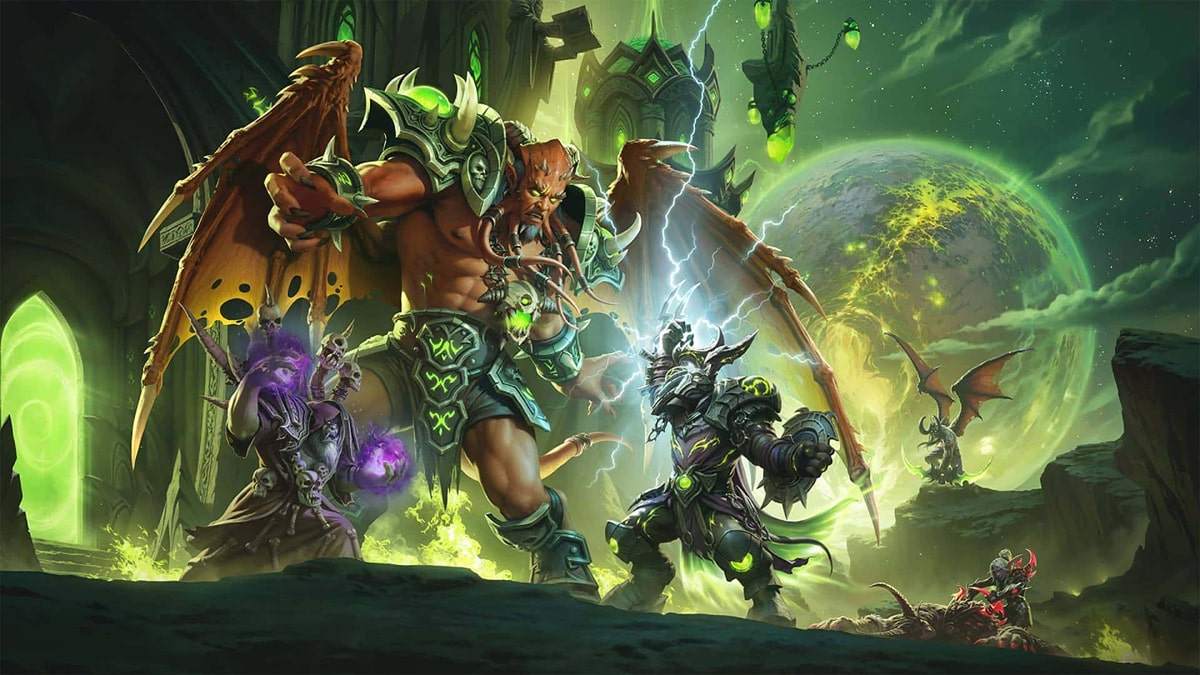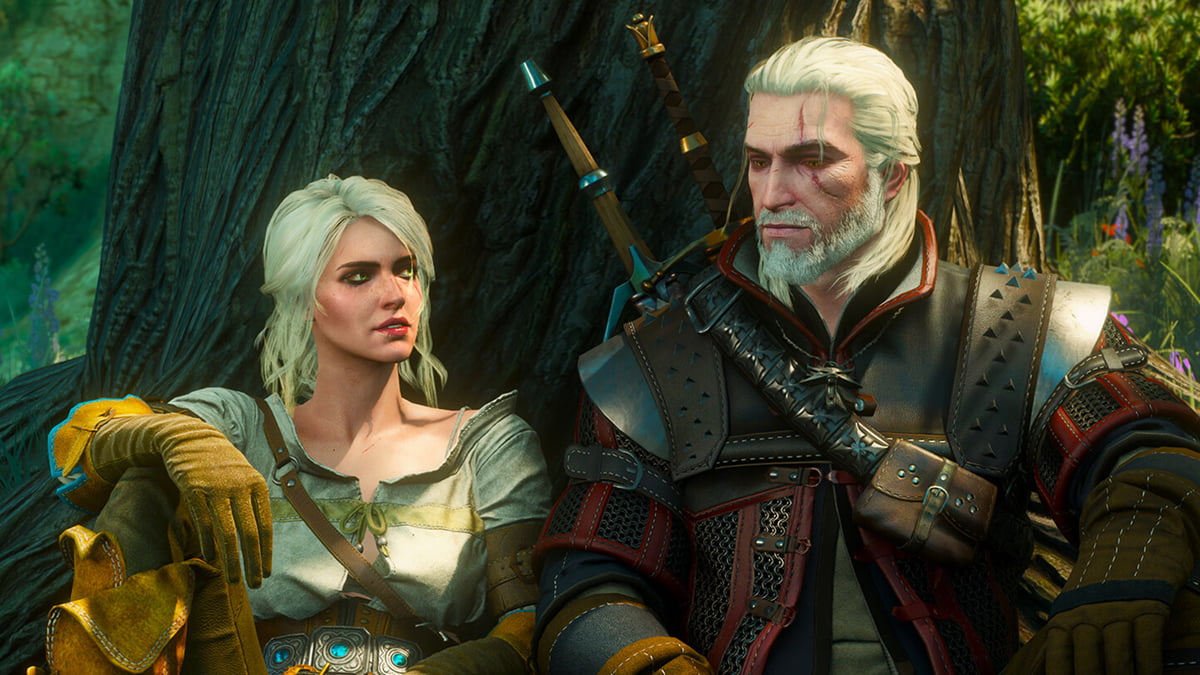You can trust VideoGamer. Our team of gaming experts spend hours testing and reviewing the latest games, to ensure you're reading the most comprehensive guide possible. Rest assured, all imagery and advice is unique and original. Check out how we test and review games here
As Microsoft coolly announced the purchase of ZeniMax yesterday—the parent company of Bethesda Game Studios, Arkane, id Software, and more—I have to confess to feeling a slight pang of fear. It was as if all this while we had been frolicking at the feet of a dozing lion, and, in a great green flash of its corporate claws, we were reminded of its unsettling power. The price paid for ZeniMax was a breezy $7.5 billion dollars (Sony’s entire first-quarter operating profit, this year, is $2.15 billion). And just like that, the likes of Fallout, The Elder Scrolls, Doom, Prey, and Dishonoured, to name a few, are all whisked under the awning of Xbox Game Studios.
Spare a thought for the jangled nerves of PlayStation players, who suffered the dual shock of losing the certainty of a raft of sequels—Xbox boss Phil Spencer said that Bethesda’s future games will launch on “other consoles on a case-by-case basis”—and of being given two timed exclusives by Microsoft. The most amusing news of the day came when Spencer announced that Microsoft would honour the exclusivity agreement that sees Deathloop and GhostWire: Tokyo launching on PlayStation 5 first. Elsewhere, Spencer’s image—leather-jacketed and jovial, the business executive you may bump into on Xbox Live—was burnished with a show of even-handedness and restraint. This morning, as the pre-order gates for the upcoming Xboxes were flung wide, and many flocked to unburden their bank accounts, they weren’t doing it under the promise of exclusive games.
The day before pre-orders become available would be a propitious time to declare that Bethesda would be boxed in on the Series S and X. Instead, the messaging was that Microsoft “will be adding Bethesda’s iconic franchises to Xbox Game Pass. This includes Microsoft’s intent to bring Bethesda’s future games into Xbox Game Pass the same day they launch on Xbox or PC.” Part of the decision not to announce exclusivity doubtless came from the unprecedented nature of the buyout. Never has a platform-holder made such a purse-loosening show of force, and Spencer—whose time as the head of Xbox has been a reign of fresh air—was perhaps eager to avoid the ill will that would waft, like sour smoke, if a raft of blockbuster games were roped off for millions of players. Furthermore, such a move would undercut the sentiments of Bethesda director Todd Howard, who mused on the power of games to spread joy, and his belief that “we should bring that to everyone—regardless of who you are, where you live, or what you play on.”
There is also, as we have seen with the multiplatform Minecraft—whose developer, Mojang, Microsoft bought for a meagre $2.5 billion—the possibility that there is money to be made even as these games sell on competing platforms. It seems as if Xbox Game Pass, the monthly subscription that offers you a fluctuating cache of downloadable games, is the primary prong in Microsoft's console-selling strategy. Could it be that the “case by case basis” Spencer mentioned might prove useful as a nudging tactic, if the great Game Pass experiment fails to shift enough units? Maybe a six-month spell of timed exclusivity might prod a fervent few thousand Doom fans to say, “To hell with it!” and carry out their slaying on a Series S.
Regardless of what happens with the landscape of exclusive games, the news that, for £250 and a monthly subscription of £7.99, people will be given access to a sizable swath of next-gen games that they may otherwise not have played is to be celebrated. People with less cash to burn and, therefore, less inclination to experiment may soon find their tastes unfurling. Why, then, the strange unease that I’ve not been able to shake since the shakeup? I dare say that much of my own lack of love for subscription game services plays a part in my wariness of Microsoft’s brave new world. Without true possession, I find games lose their quiddity; they become ditchable dalliances, and, visiting the Game Pass library, I find my brain swimming in a surfeit of options—like so many indecisive snarl-ups on the Netflix homepage.
It has something to do, too, with the clash of approach between Sony and Microsoft: the feeling of careful cultivation versus money-scorching mega-strategy. Sony’s studios (it has 13; Microsoft now has 23) have been nurtured and brought into the fold over many years; they have, overwhelmingly, produced their best work in partnership with PlayStation. Microsoft, on the other hand, has bought a well-established string of multiplatform studios; it has leveraged its leviathan status to suddenly, and simply, own. It would, of course, be foolish to paint Sony—who has never lost a generation to Microsoft, in terms of consoles sold—as a humble David squaring up to a gloomy Goliath. These are two giants, challenging each other for our eyes, our thoughts and thumbs, our money. After a certain point, it’s in poor taste to talk of all these games as though they were mere territory; they are art, and it’s easy, amidst the din, to forget what all this is in service of.
